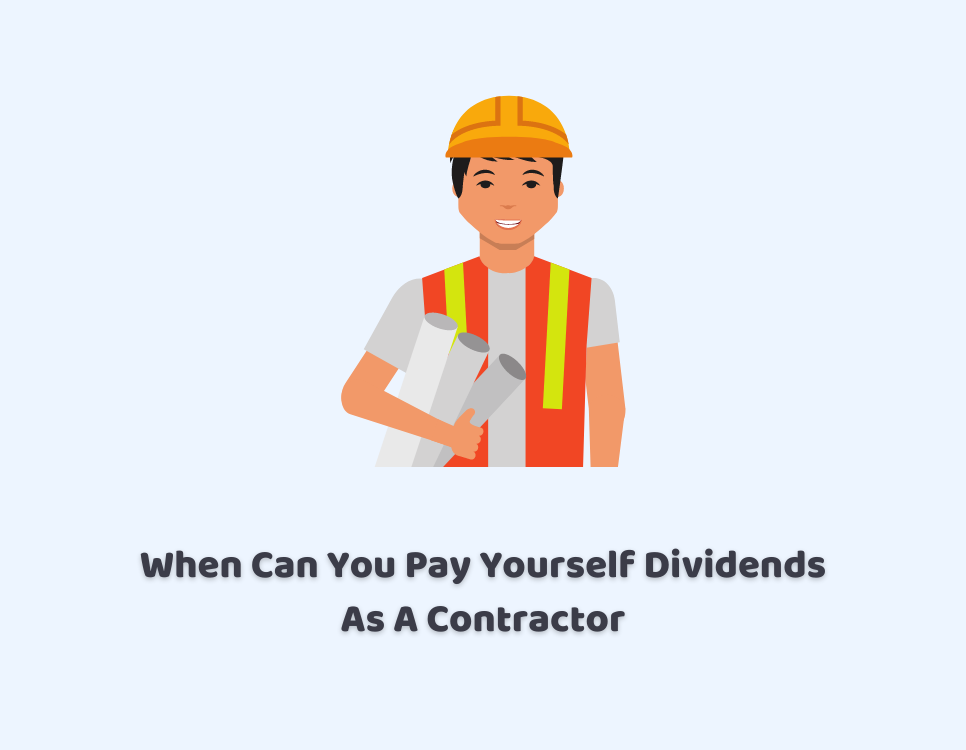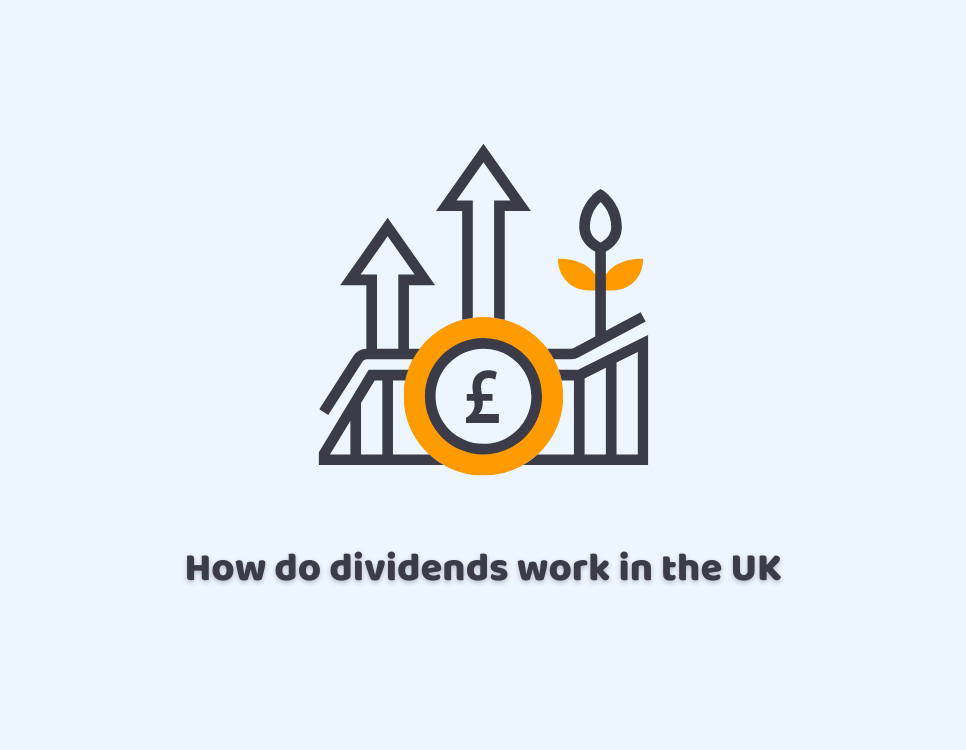06/04/2021Accountants for Contractors , Dividend Allowance
If you’re a limited company owner, you can use two ways to pay yourself. The first way is through the salary and the second is through dividends. Most people prefer to pay themselves through dividends as it is one the most tax-efficient ways to pay yourself. In this blog, we’ll explore how much dividend can …
Read more


